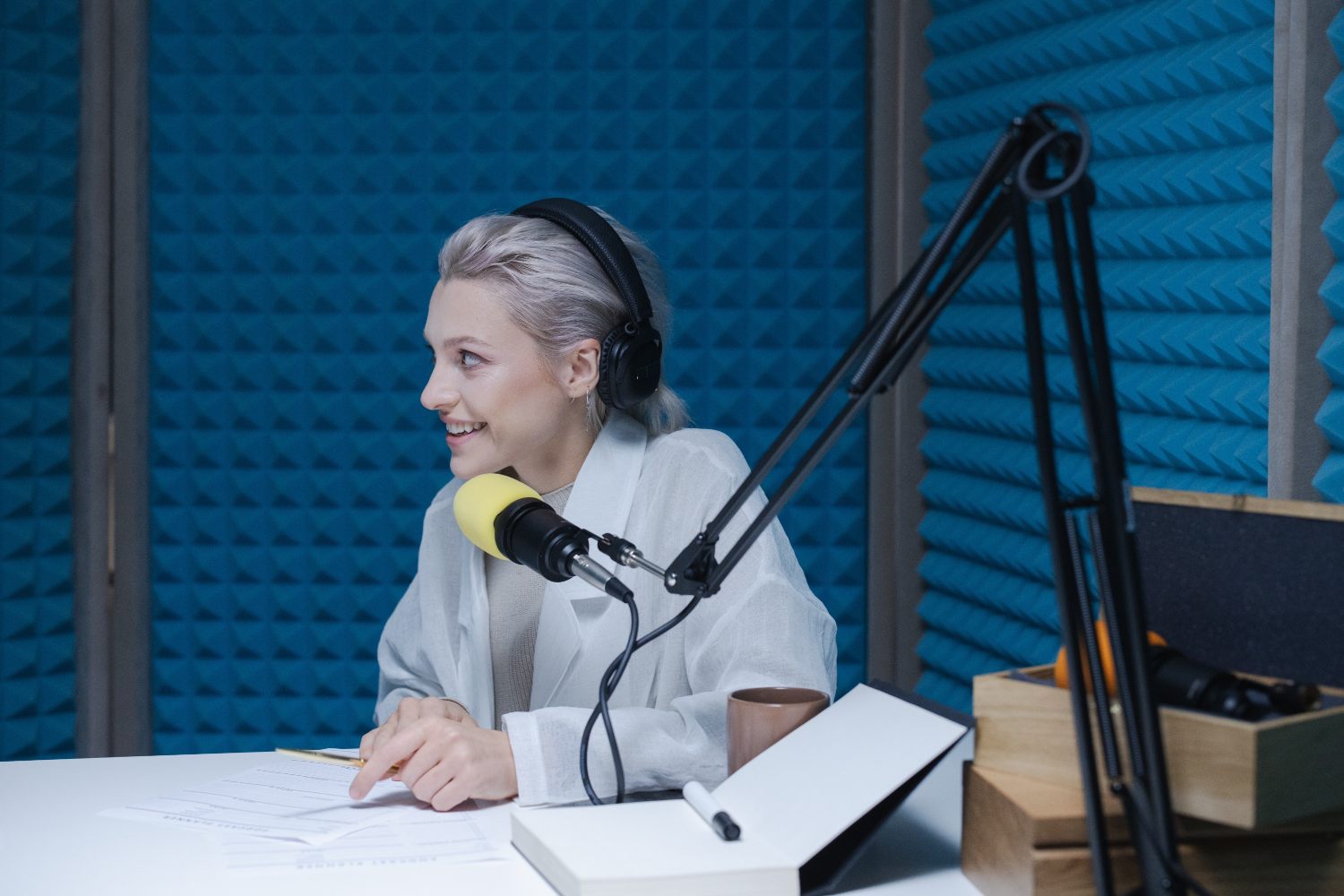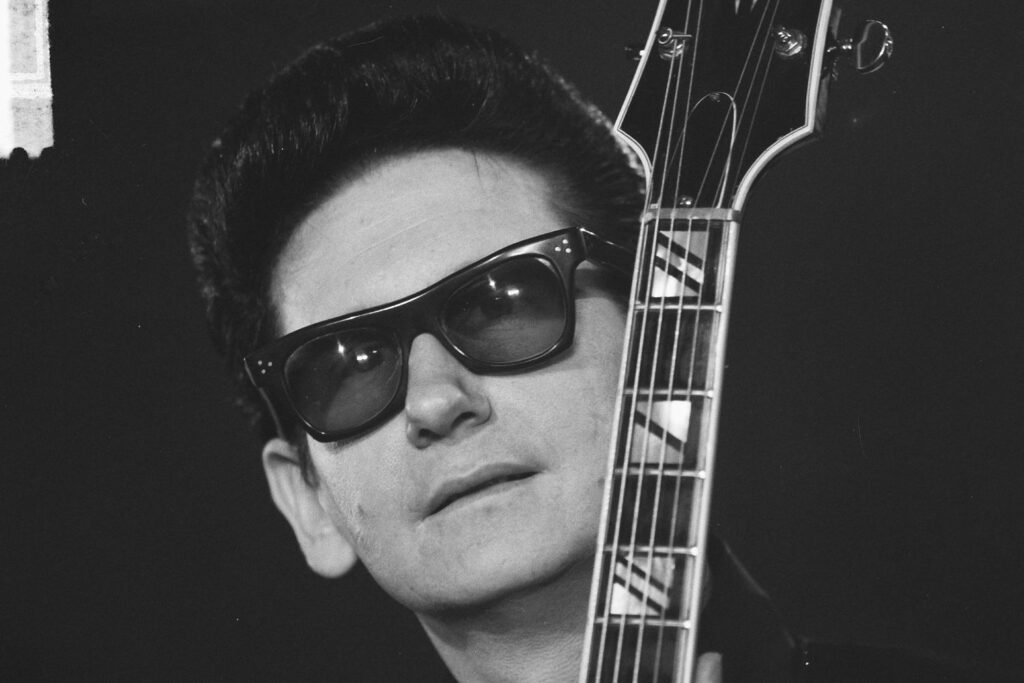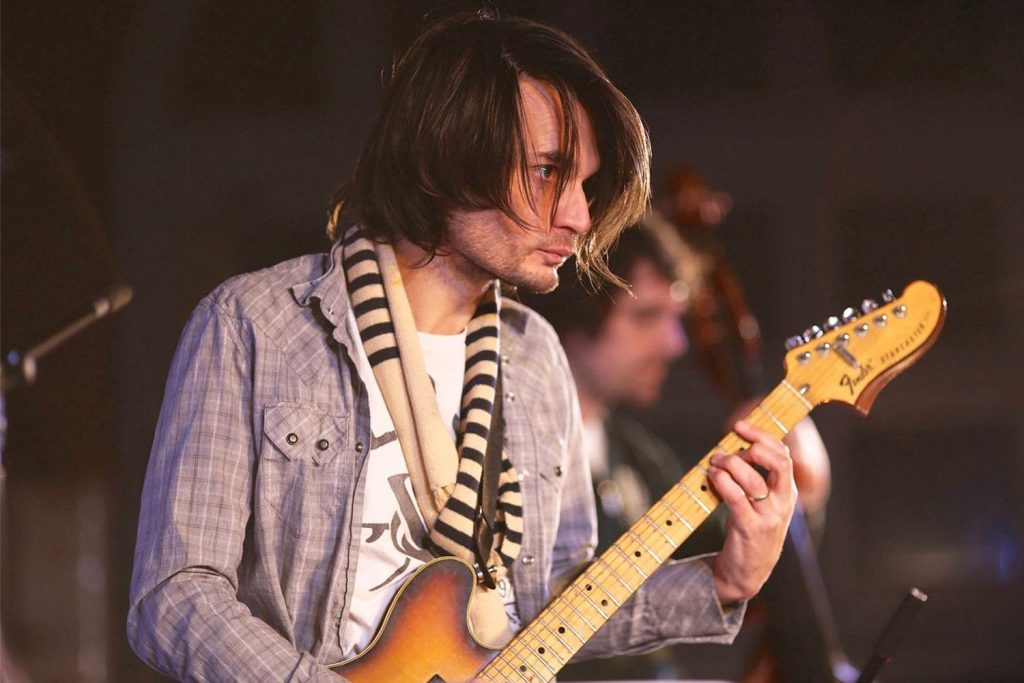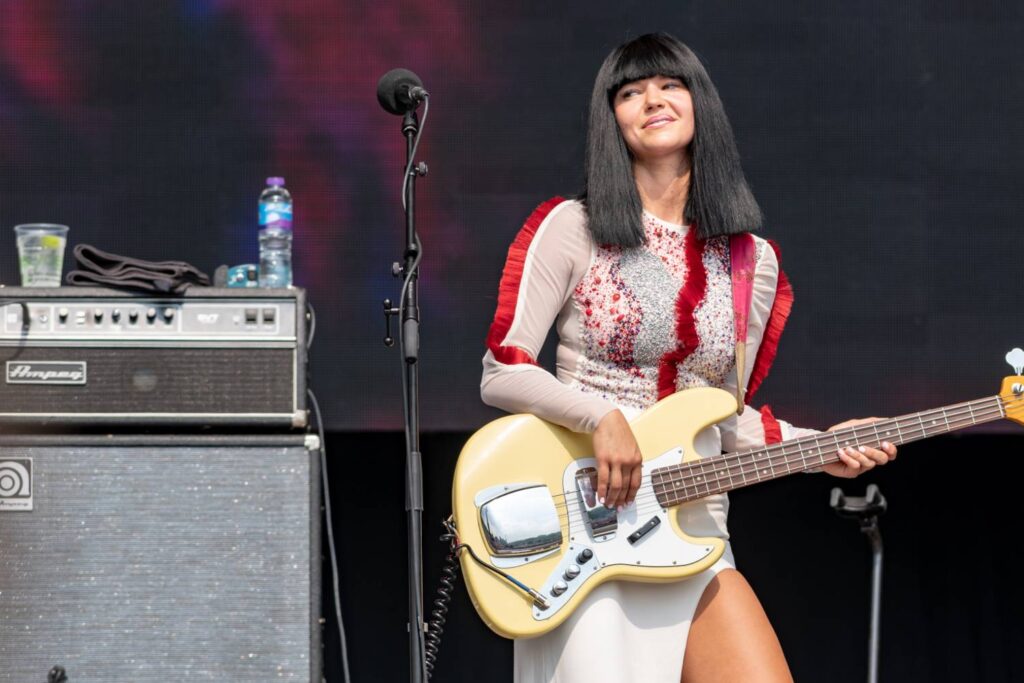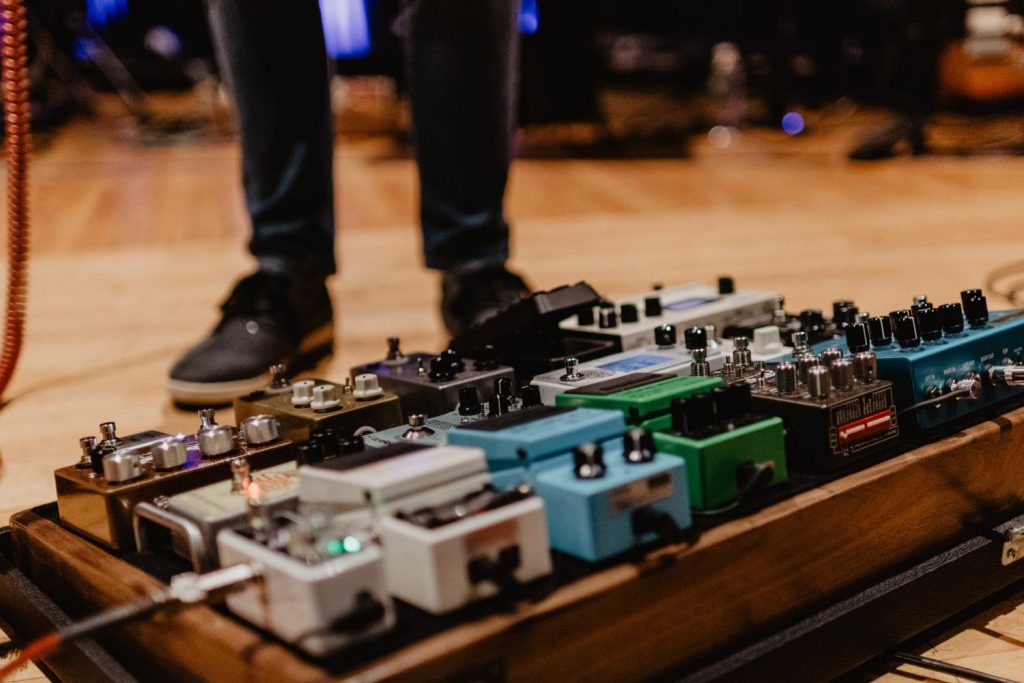The history of the present-day podcast actually predates much of the internet - who knew!
Regardless of what you know about the medium’s history, these days, you either have your own podcast, know someone who’s podcasting, or have someone in your life that believes they are about to change the entire world with their revolutionary new hot-takes.
The medium of podcasting is well established in modern culture and is widely regarded as a booming market. It is, however, easy to overlook that the humble beginnings of what we recognise today as a podcast actually date back to the 1980s with the invention of “audio blogs”. The roots of the present-day podcast actually predate much of the internet – who knew!
Read all the latest features, columns and more here.
While audio blogs existed as the first documented examples of people voicing their opinions and experiences online via digital audio recordings, the format has evolved and adapted dramatically over time. From its origin scattered throughout the internet on webpages, podcasting grew into a form of D-I-Y on-demand radio.
“This American Life” is a notable example of a radio show that was amongst the first to transition to the podcast medium and has seen great success over the years. Another notable example is “The Ricky Gervais Show” which saw the comedian-turned-podcaster set the Guinness World Record for most downloaded podcast in 2007. Most notably of all, former president of the United States George W. Bush delivered the first ever presidential weekly address in a podcast format back in 2005.
These new recorded audio shows were made available in episodes that listeners could find and download online at their own leisure. The ability to consume news and entertainment media at any time of day or night was the key factor that made podcasting so attractive to audiences. Podcasts were a way to consume media content conveniently with the ability to multitask and perform day-to-day activities such as travelling, cleaning, or exercising at the same time.
The uptake in podcast consumption was slow burning in the early years due to challenges with distribution. However, after almost 20 years testing the waters, the real formation of the podcasting industry came along in the early 2000s.
In October 2001, tech giant Apple released a portable media device which would come to revolutionise the media and entertainment industries – the iPod. This piece of hardware played a vital role in the popularisation of the podcast by making it possible for audio blogs to be transferred to a portable audio player for consumption whenever and wherever listeners may choose.
The invention of the podcast is largely credited to Dave Winer (software developer) and Adam Curry (media personality and internet entrepreneur) for their larger contributions to the distribution process. Winer is responsible for the “enclosures” feature within the RSS (Really Simple Syndication) aggregator software that allows for embedded media. His work on RSS inspired Curry to write an AppleScript code that automated the process of sending audio files downloaded using RSS to an iPod via Apple’s media software iTunes.
While the process is much more technical than this article will elaborate on, it can be summarised as a successful collaboration between RSS feeds, compressed audio and portable media devices allowing audio blogs to now live readily available 24/7 in people’s pockets.
Building on the initial innovations in software and technology, audio blogs went on to undergo a total rebrand from 2004 when Ben Hammersley proposed the name “podcasts” in a newspaper article for The Guardian. Amongst a list of throwaway names, podcast was the suggestion that prevailed – a combination of the words “iPod” and “broadcasting”.
While the portmanteau name “podcast” has since been criticised for implying that the iPod is an essential part of the podcast experience, it certainly would have appealed to Apple CEO and early podcast advocate Steve Jobs at the time.
Around this time, podcasting found its way into the mainstream media industry. Apple became involved in podcasting in mid-2005 including native support for podcasts through an entire podcast directory within their iTunes 4.9 release. Apple became heavily invested in the medium despite the company not being directly attributed to the invention of podcasting or profiting from the popularity of the medium.
Apple also went on to develop a podcast app for IOS and explicitly supported the creation of podcasts using GarageBand. During his keynote speech from Macworld in 2006, Jobs did a live demonstration on how to create a podcast using Apple’s GarageBand software.
Although their charitable actions of providing free services for their customers to create, discover and subscribe to podcasts appeared to be out of the goodness of their heart, Apple would of course go on to make a considerable profit from the industry by establishing themselves as a leading podcast producer and platform.
The popularisation of podcasting
Many barriers have been removed to ensure the survival and success of the podcast industry. The first was that RSS was released as an open file format allowing anyone to use and implement RSS feeds. This encouraged the innovation that led to the invention of “podcatcher” software that would transfer podcasts to portable hardware devices making the medium more accessible. Then with greater demands on bandwidth came the associated expenses and challenges, a problem quickly solved by the creation of free hosting services.
All of this evolution was vital in the popularisation of the podcasting medium and opened the door to a new world of media consumption and convenience. From the 2010’s onward, a pivotal change took place in the industry. The world started to view podcasting as a booming market – advertisers, production companies and hosting platforms realised the potential of podcasting to be an incredible business opportunity.
In July 2013, Apple announced 1 billion podcast subscribers on their platform alone. At this time, narrative podcasts (especially true crime) were initiated into popular culture and inspired an increase in production value across the board. In late 2017, Apple launched a new podcast analytics feature which confirmed that listenership and engagement was very high, and podcasts had the potential to be extremely profitable.
People started to identify and study business models within podcasting and this influenced the development of other industries such as “Podsafe” music (royalty free music for podcasts). Establishing that the medium had more to give than just a convenient source of news and entertainment is the reason that the long-form content has thrived as long as it has.
It is estimated there are now more than 5 million podcasts available worldwide, with more than 70 million episodes delivered in over 100 different languages and all at little to no cost to the producer or the listener. These statistics display that the industry is becoming highly competitive and the companies that dominate the market will see great returns on their investments.
2019 was the year when Spotify started making moves to establish the company as a major player in podcasting and rival their main opponent Apple who have dominated the industry since the early 2000s. Spotify acquired the podcast networks Gimlet and Anchor in a $340 million deal accompanied by a statement from CEO Daniel EK acknowledging that when Spotify was launched in 2008, he did not foresee that “audio – not just music – would be the future of Spotify”. EK also commented “the format is really evolving and while podcasting is still a relatively small business today, I see incredible growth potential for the space and for Spotify in particular”.
The future of podcasting (vodcasting)
The year 2020 brought a significant amount of growth and diversity to the podcast industry with the pandemic inspiring many to try their hand at the art of podcasting. In May 2020, top podcaster Joe Rogan signed a record-breaking $100 million+ multi-year exclusive licensing deal with Spotify. This deal revealed to the world how profitable the podcast industry was going to be in years to come.
Podcasting has evolved into a highly diverse medium, there truly is something out there for everyone. With new innovation and experimentation in the space, the true definition of a podcast is still evolving and remains up for debate. One of the more recent developments to the industry is the uptick in video podcasts, more commonly referred to as “vodcasts”.
The major podcasting platforms are now encouraging creators to experiment with adding a video recording to their audio shows. There has also been support from online video sharing and social media platform YouTube, which has started rolling out a podcast destination page. As an already established video social platform, YouTube is already home to many vodcasts and capitalising on their existing audience for visual content.
With new media companies jumping on the podcast bandwagon and pushing for the creation and popularisation of vodcasts, the question remains – do podcasts belong on social media platforms and is there even really an audience out there for vodcasts?
Originally, the main attraction to podcasts for most was the ability to consume media passively while performing other activities, a benefit that is restricted by the addition of visual content. It can also be much more difficult now for creators to engage audiences visually during long-form content and particularly with just a video recording of a conversation.
However, many platforms are suggesting that integrating podcasts amongst short-form content offers audiences variety and will allow podcasts to find new audiences. X (formally Twitter) announced in 2022 that they would also be integrating podcasts into the “Spaces” feature of the platform to support ideas, content and creators “no matter where the conversation takes place”.
Now that you are well acquainted with the history of podcasting and even possessing a glimpse into the future of the medium, it’s time for you to grab that microphone, create your own chart-topping show and share your thoughts, opinions and knowledge with the world.
Read more about “This American Life” here.
